It is rare in the normally reserved and collegial Eleventh Circuit, where judges still address lawyers during oral argument as “brother” or “sister” counsel, for a panel to issue an opinion that fairly drips with exasperation, sarcasm and finality.
But that’s what dropped Thursday night, all but ending Trump’s quest to gum up the works of the Justice Department’s investigation into the theft and mishandling of government documents by the former President.
Specifically a panel of the Eleventh Circuit issued its much anticipated decision in Trump v. United States, a case that the former President brought in federal civil court and that, to his delight, landed in the lap of a sycophant, Judge Aileen Cannon. That judge then proceeded to bend over backward to help the man who had appointed her for life to the federal bench.
Civil court is emphasized above for a reason: The case before Judge Cannon had resulted, rather incredibly, in the appointment of special master to review top secret and classified documents, interrupting and delaying an ongoing criminal matter in a way that was wholly without precedent.
But now, thanks to a unanimous decision by the Eleventh Circuit panel, comprising all Republican appointees, Trump’s civil suit is all but over.
The decision vacated the ruling by Cannon and ordered her to dismiss the case entirely, so there are no further Trump cards to play there to win more legal tricks. Trump could appeal to the Supreme Court, but he will undoubtedly lose, just as he did before them on an earlier emergency stay covering the same legal territory.
The decision is notable for many reasons, including its review of the undisputed facts that make abundantly clear that the former President is in some very hot legal water, both on the question of theft of government secrets and on obstruction of justice. But the decision will be cited above all for the principles it defends and reiterates.
Let’s review some key ones.
The power of a civil court to interfere in criminal matters is strictly limited.
Normally, a civil court can’t just step in and interfere with a criminal investigation. The authority to do this comes from a fancy term called “equitable jurisdiction,” but here it means whether the court has any right at all to use its powers to intervene.
The Eleventh Circuit accordingly began with this question, citing a long-established test (called the Richey test) to see if this was one of those very rare, exception cases where a court could step in. It quickly found that it was not, because Trump failed the very first part of the test.
That first Richey factor asks whether a plaintiff like Trump has demonstrated that the government displayed a “callous disregard” for his constitutional rights. This is an initial threshold that needs to be met before any court has the power to act to intervene.
It makes sense to have this as a barrier. After all, if at the outset the government did nothing wrong in carrying out its warrant, then courts shouldn’t be manipulated to get in the way of investigators.
The truly bizarre thing here was Judge Cannon actually had agreed that Trump had made no compelling showing that his rights were ever violated here. This stands to reason, because the FBI performed its search pursuant to a legal warrant.
That necessarily means that a magistrate had found there was probable cause to believe that a crime had been committed and that evidence of that crime could be found at Mar-a-Lago. They searched and retrieved evidence from the property the same as they would any other crime scene.
There simply was no violation of Trump’s rights.
On appeal, Trump tried to argue that a showing of callous disregard for his constitutional rights was not necessary, but the clear case law said otherwise. That Judge Cannon nevertheless took the case after she herself had found that there had been no violation of Trump’s rights is frankly appalling, and the suit should have ended right then and there.
Instead, she plowed ahead and appointed a special master, in excess of her own authority to do so. For good measure, the Court walked through the other three factors of the Richey test and found Trump failed all of them, too.
He didn’t have an individual interest in and need for the return of the documents; he would not be irreparably injured if they weren’t returned to him; and even asking whether Trump has an “adequate remedy for redress of his grievance” assumes he had been aggrieved in the first place—but simply because the Justice Department took some of his personal documents along with the evidence of his crimes doesn’t mean he has a true grievance.
That actually happens all the time with law enforcement.
Perhaps the part of the entire opinion that best captures the panel’s view is footnote 3, which remarks on the fact that the government took “golf shirts” and “pictures of Celine Dion” from Trump’s residence. While the government conceded that Trump may indeed have a property interest in such personal effects, the panel noted drily, “we do not see the need for their immediate return after seizure under a presumptively lawful search warrant.”
Rulings should be adjudged by what would happen if applied everywhere.
Many times in the course of the opinion, the panel extrapolated what would happen if the ruling were allowed to stand. Immanuel Kant would have approved of this approach, which universalized a proposed rule to see if it stood up.
The exercise quickly demolished Trump’s arguments.
For example, what would happen if every criminal defendant were permitted to waltz into federal civil court and seek to have a special master appointed to sift through what might be personal effects or privileged documents seized along with the evidence of the crime? Such an allowance would hopelessly gum up the works and paralyze any criminal investigation.
And what would happen in every such case if the courts simply equated, as Judge Cannon did here, a “possessory interest” in a document with the “need for its return”? That would hopelessly conflate these two very separate ideas.
After all, as the panel noted:
“In most search warrants, the government seizes property that unambiguously belongs to the subject of the search."
"That cannot be enough to support equitable jurisdiction.”
And what would happen in every such case if the plaintiff simply could assert that any review by the Justice Department of “sensitive” documents would cause “irreparable harm” to him? Well, that applies also “to nearly every subject of a search warrant,” the panel found.
And as for the purported “stigma” of a future criminal prosecution, every criminal defendant feels this to some extent, and that alone cannot be a reason for the courts to step in.
Every time the panel extended the reasoning broadly, it showed how adopting such fallacies would result in the floodgates being opened and distinctions being reduced to nothing.
There can be no special rule just for Presidents.
In the end the panel addressed the elephant in the room. With all of the Richey test factors apparently disregarded by Judge Cannon, her ruling boiled down to an exception made solely because the plaintiff is the former President.
On this the Eleventh Circuit panel was clear and devastating.
“It is indeed extraordinary for a warrant to be executed at the home of the former President—but not in a way that affects our legal analysis or otherwise gives the judiciary license to interfere in an ongoing investigation."
"The Richey test has been in place for nearly fifty years; its limits apply no matter who the government is investigating."
"To create a special exception here would be to defy our Nation’s foundational principle that our laws apply ‘to all, without regard to numbers, wealth, or rank'.”
The investigation can now proceed in the hands of Special Counsel Jack Smith without any further proceedings before the Special Master Dearie or Judge Cannon. That is a significant blow to Trump’s plan to delay and distract by way of legal sideshow.
The ruling took a bit longer than many had hoped, but is a strong rebuke not only to Trump but also to the federal judge who came to his aid and abused her own authority.
It sends a strong signal to courts around the country that the rule of law, and not the rule of power or privilege, remains strong and assertive, even in the face of a concerted, cynical effort to undermine its foundation.

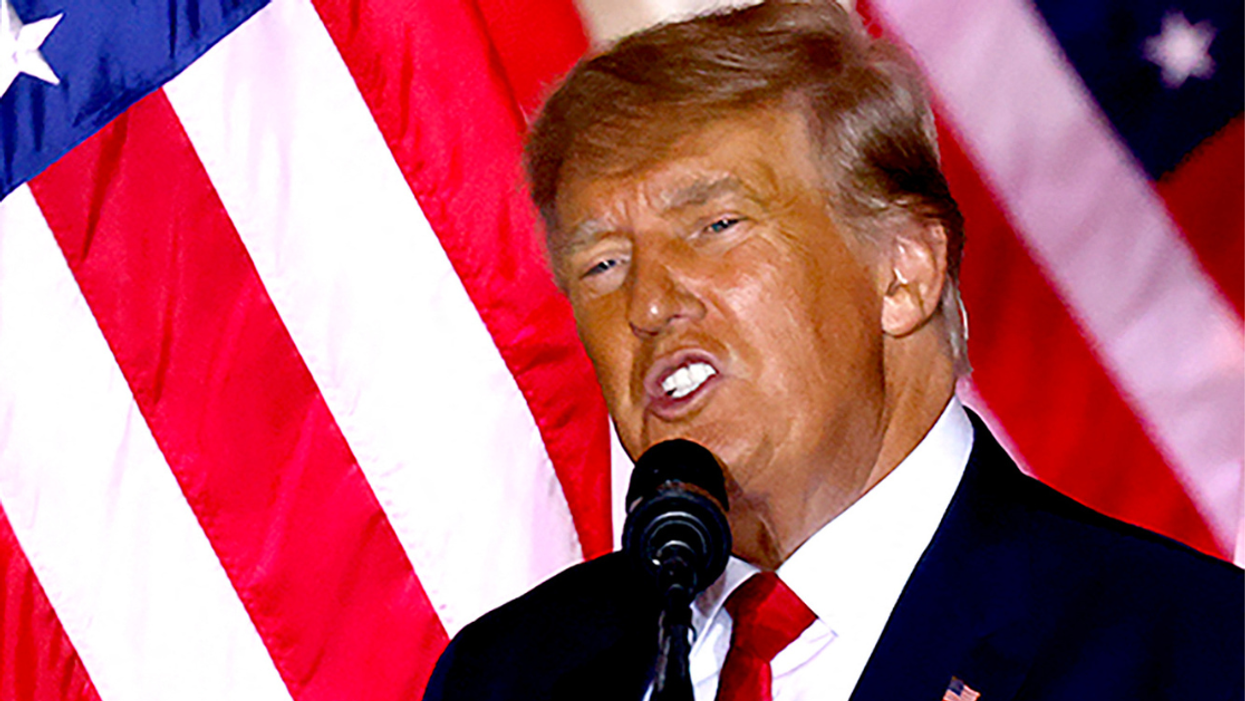



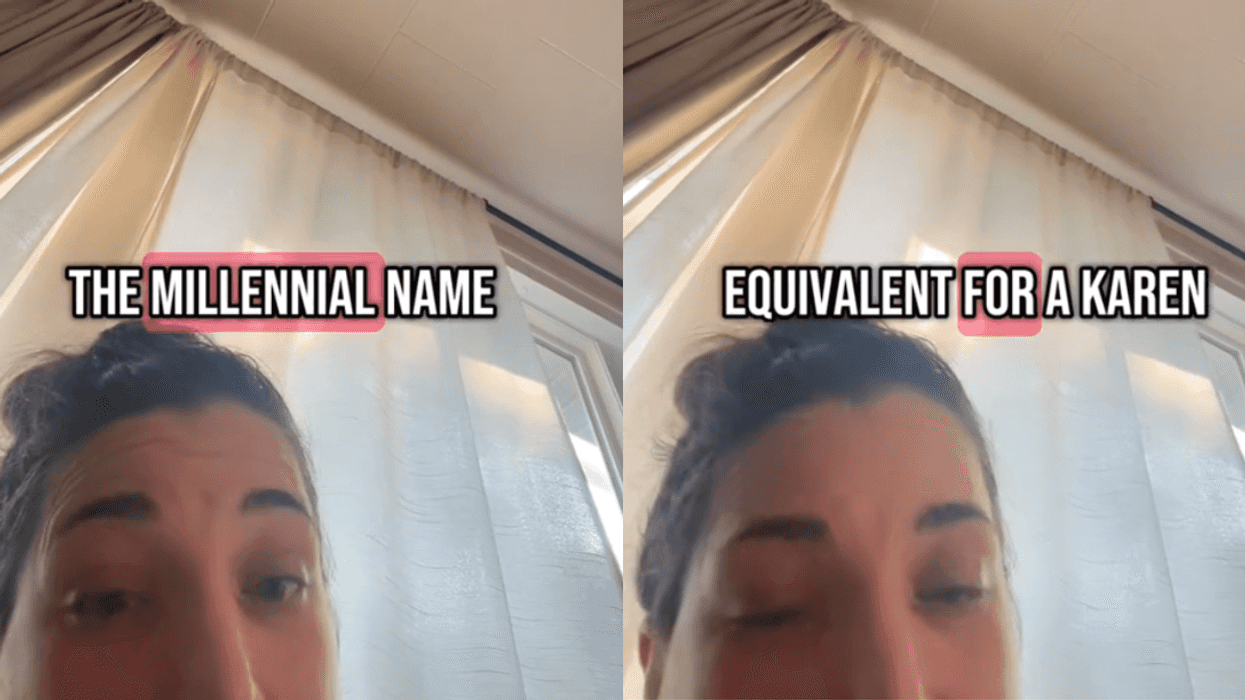

 Columbia Heights Public Schools
Columbia Heights Public Schools

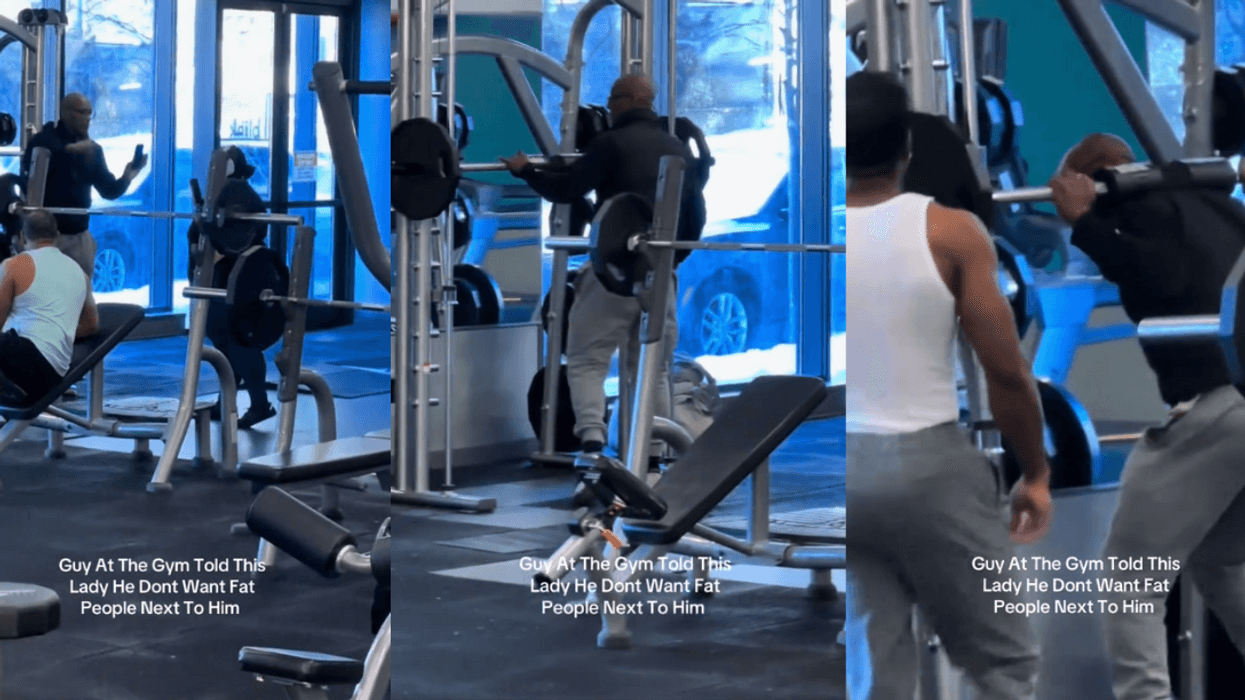


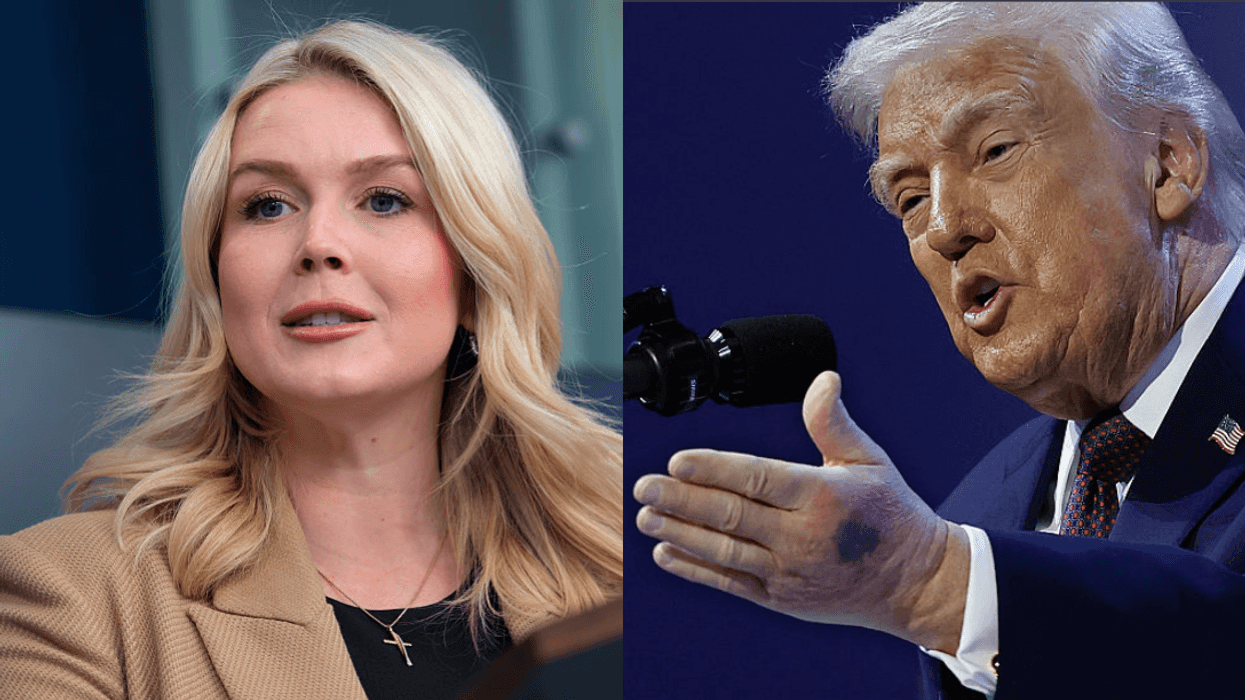
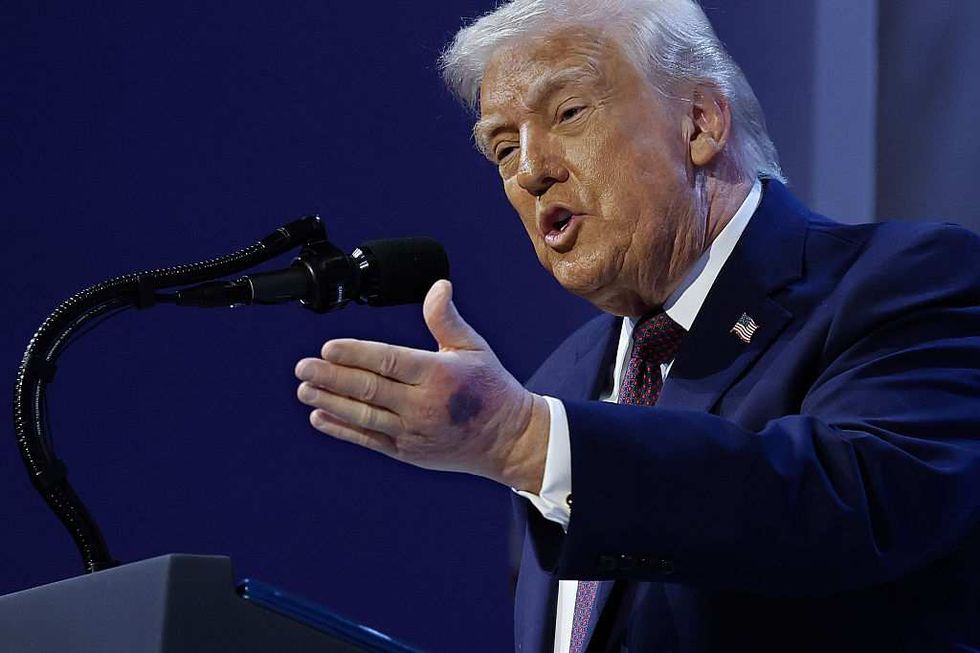 Chip Somodevilla/Getty Images
Chip Somodevilla/Getty Images
 Gym Weights GIF by Guava Juice
Gym Weights GIF by Guava Juice 
 Man With A Plan
Man With A Plan  Happy Feeling Good GIF by BEARISH
Happy Feeling Good GIF by BEARISH  Roadside Assistance Flat Tire GIF
Roadside Assistance Flat Tire GIF 
 u/Murky_Chemical891/Reddit
u/Murky_Chemical891/Reddit u/amazinglyshook/Reddit
u/amazinglyshook/Reddit u/OriginalChildBomb/Reddit
u/OriginalChildBomb/Reddit u/Autopsyyturvy/Reddit
u/Autopsyyturvy/Reddit u/_iridessence_/Reddit
u/_iridessence_/Reddit u/HallWild5495/Reddit
u/HallWild5495/Reddit u/fandomnightmare/Reddit
u/fandomnightmare/Reddit  u/SpecificBeyond2282/Reddit
u/SpecificBeyond2282/Reddit u/DvorakThorax/Reddit
u/DvorakThorax/Reddit u/SeaRespond9836/Reddit
u/SeaRespond9836/Reddit u/According-Garden-129/Reddit
u/According-Garden-129/Reddit
 @its.avelyn/TikTok
@its.avelyn/TikTok @its.avelyn/TikTok
@its.avelyn/TikTok @its.avelyn/TikTok
@its.avelyn/TikTok @its.avelyn/TikTok
@its.avelyn/TikTok @its.avelyn/TikTok
@its.avelyn/TikTok @its.avelyn/TikTok
@its.avelyn/TikTok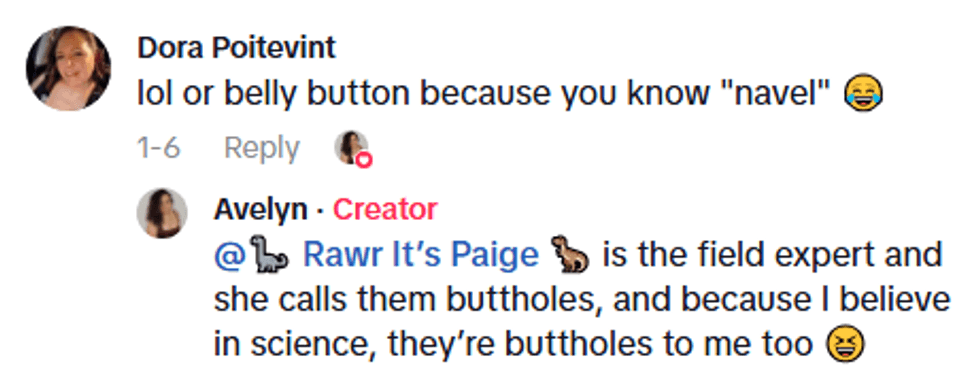 @its.avelyn/TikTok
@its.avelyn/TikTok @its.avelyn/TikTok
@its.avelyn/TikTok @its.avelyn/TikTok
@its.avelyn/TikTok @its.avelyn/TikTok
@its.avelyn/TikTok